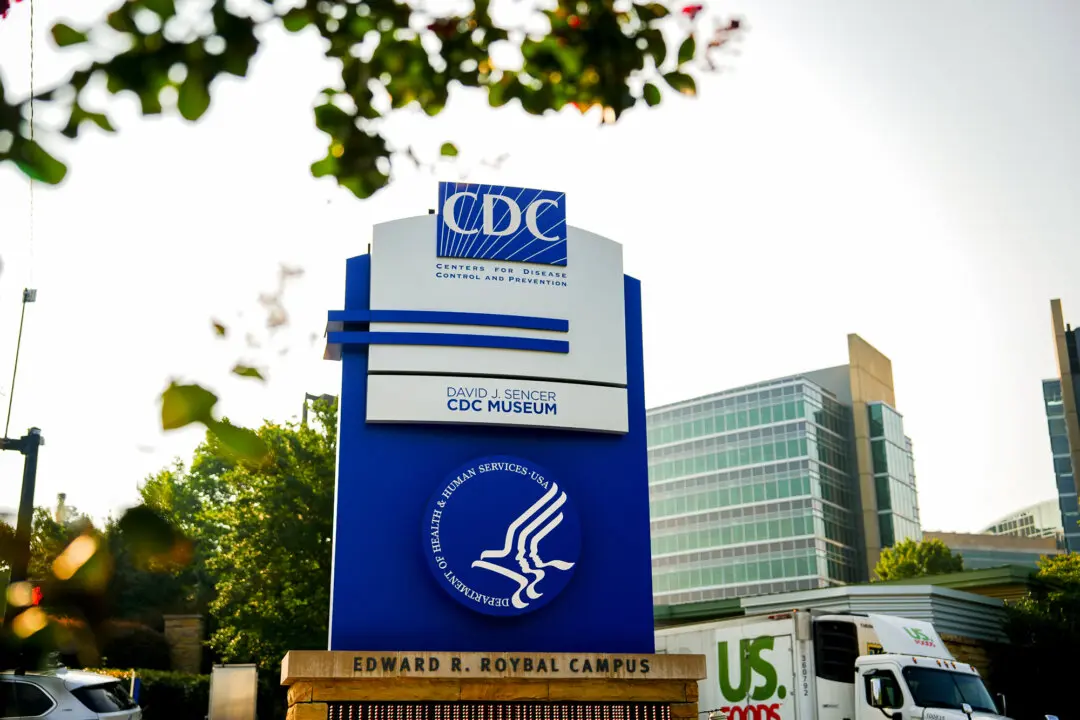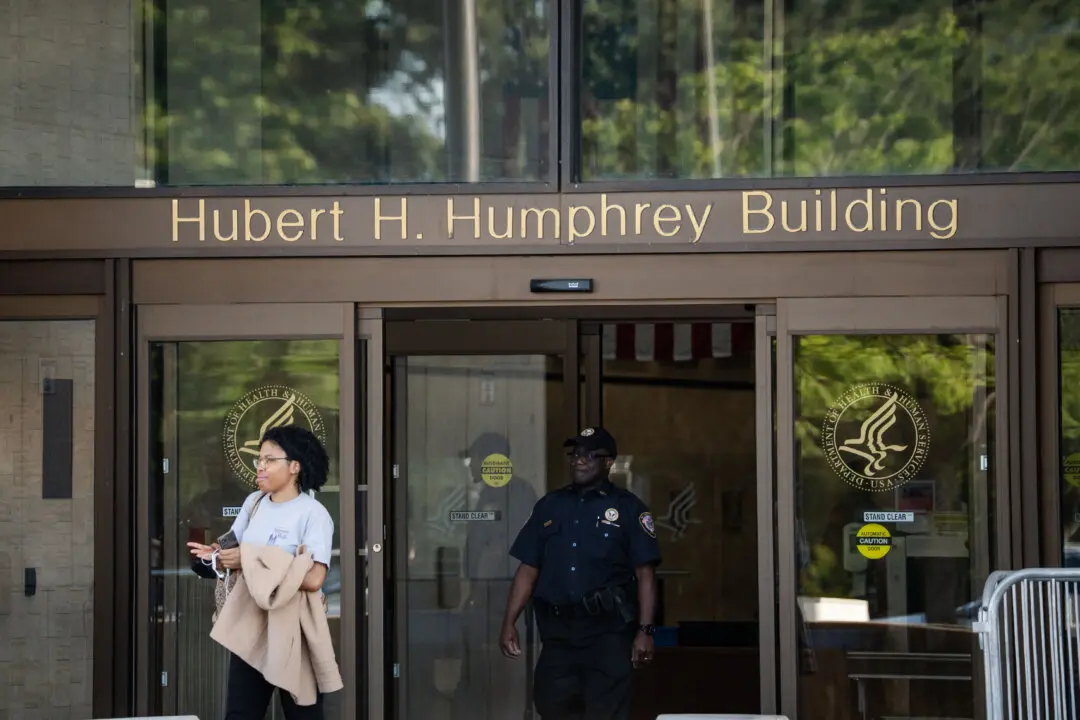Federal health officials are investigating cases where people who got the new COVID-19 vaccine almost immediately suffered adverse reactions, including an Alaska health worker who spent two nights in the hospital.
“We are looking into this and I know the CDC and the FDA are very, very carefully looking into the situation to characterize these events,” Operation Warp Speed scientific chief Moncef Slaoui said Sunday. “Some of them could be anaphylactic shock—that’s dangerous. Some of them could more, let’s call them an allergic reaction—that’s important to know but less dangerous.”





